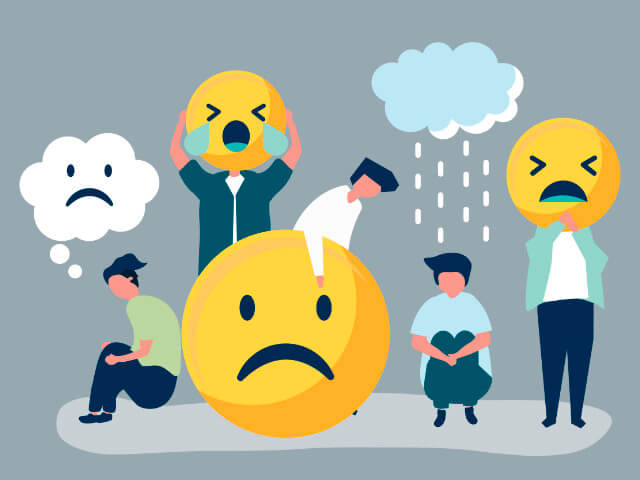How long before a natural disaster, like an earthquake, flood or bushfire, do scientists know that a natural disaster is going to happen?
Great question, lots of people want to be able to anticipate and prepare for natural disasters. Natural disasters vary in how they happen and how scientists can anticipate them, and we know more about some than we do about others.
For example, floods and bushfires are weather events. Scientists can provide very reliable forecasts of weather, particularly rainfall, which can give us advance warning of floods. These weather forecasts can provide accurate information for 1-7 days in advance, but predicting weather becomes more difficult the further away it is in time. If we want to anticipate potential heavy rainfall and resulting floods further away in time, we can look at data from Australia’s Bureau of Meteorology (BoM). The BoM works to provide forecasts of rainfall and riverflow up to three months in advance. These seasonal forecasts can help state managers and the community anticipate times with increased chance of rainfall and flooding – and allow them to prepare. These kinds of predictions are in the timescale of days to weeks.
In contrast, earthquakes are not weather or climate events. To date, no one has ever successfully predicted an earthquake occurring. But scientists can calculate how likely it is that an earthquake of a certain magnitude will occur within a region over a certain number of years. Scientists make these calculations mostly based on the history of seismic activity (earthquakes happening) in a particular area, and work to anticipate how likely it is an earthquake will occur and what magnitude (size or strength) it will be. These kinds of predictions are in the timescale of years.











